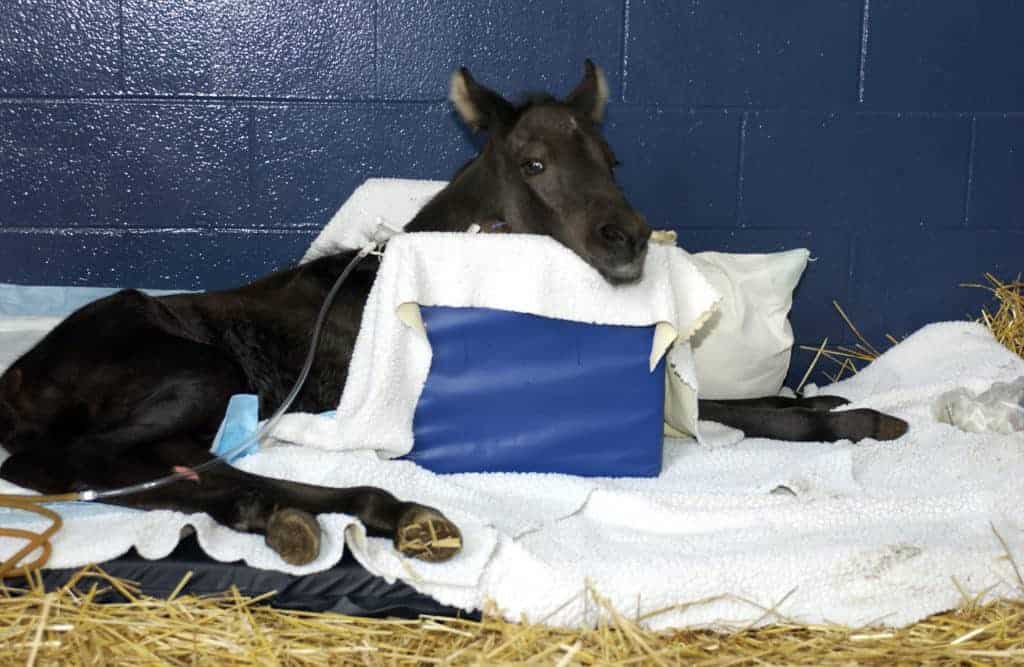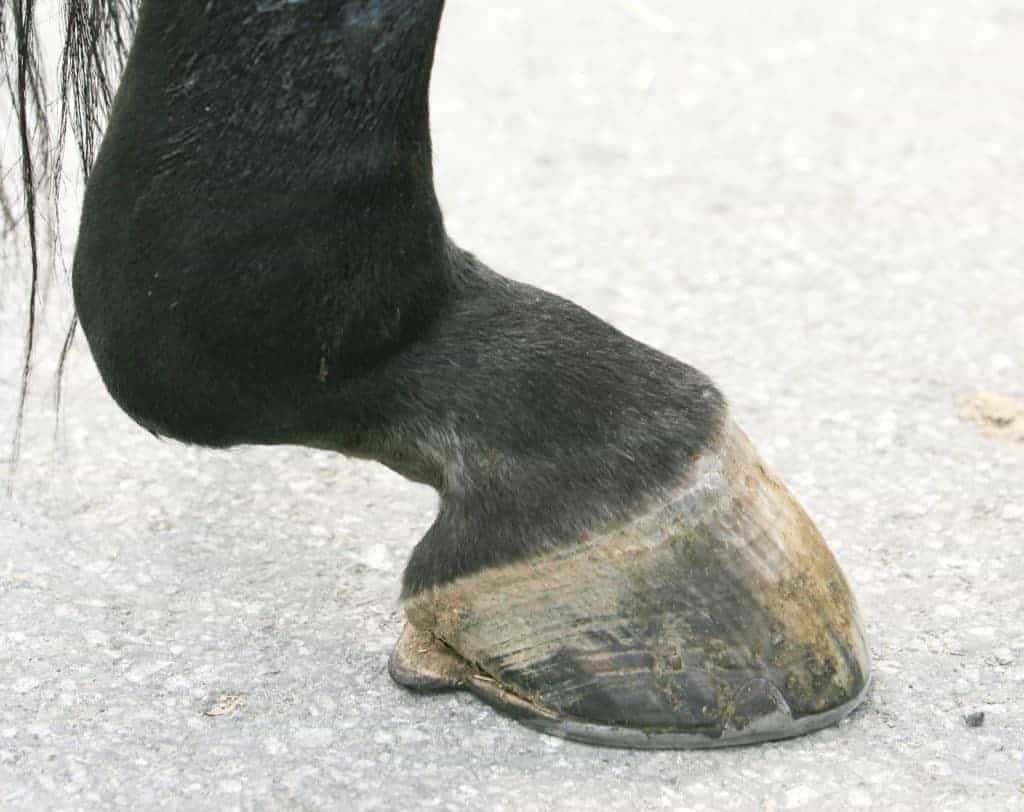
Triaging Acute Equine Neurologic Emergencies
One veterinarian reviewed the steps in triaging acute equine neurologic emergencies in the field.

One veterinarian reviewed the steps in triaging acute equine neurologic emergencies in the field.

Dr. Debra Taylor shares some points to consider when transitioning horses from being shod to going barefoot during the 2013 Western Veterinary Conference in Las Vegas, Nev.
This year’s equine program features presentations on a variety of horse health topics.

Understanding ailments older foals can develop and treatment options increases the patient’s survival chances.

If not treated early, equine ocular keratitis (corneal inflammation) can lead to blindness and eye loss.

Understanding equine recurrent uveitis (ERU, or moon blindness) can help owners spot eye issues early.

Some disorders produce gait abnormalities and lamenesses that aid in a quick and accurate diagnosis.

Accurate diagnosis can allow effective treatment of uterine conditions in broodmares to improve fertility.

The first step in managing an equine foot problem successfully is to attain an accurate diagnosis.

These issues can be life-threatening if not diagnosed and treated promptly and properly.

Even the tiniest leg laceration can have dire consequences for nearby tendons if left untreated.

Breeding soundness exams should include a physical exam, a genitalia exam, a libido exam, and a semen exam.

Sleep deprivation is an important, but not fully understood, equine health condition.

Horse owners benefit from an understanding what goes on in a horse’s brain, according to one veterinarian.

Even when NSAIDs are used appropriately, the drugs can still prove damaging to the patient.

Researchers and veterinarians are still working to better understand both the etiology and the disease itself.
Stay on top of the most recent Horse Health news with
"*" indicates required fields